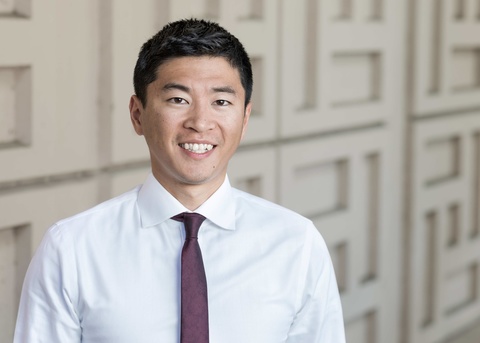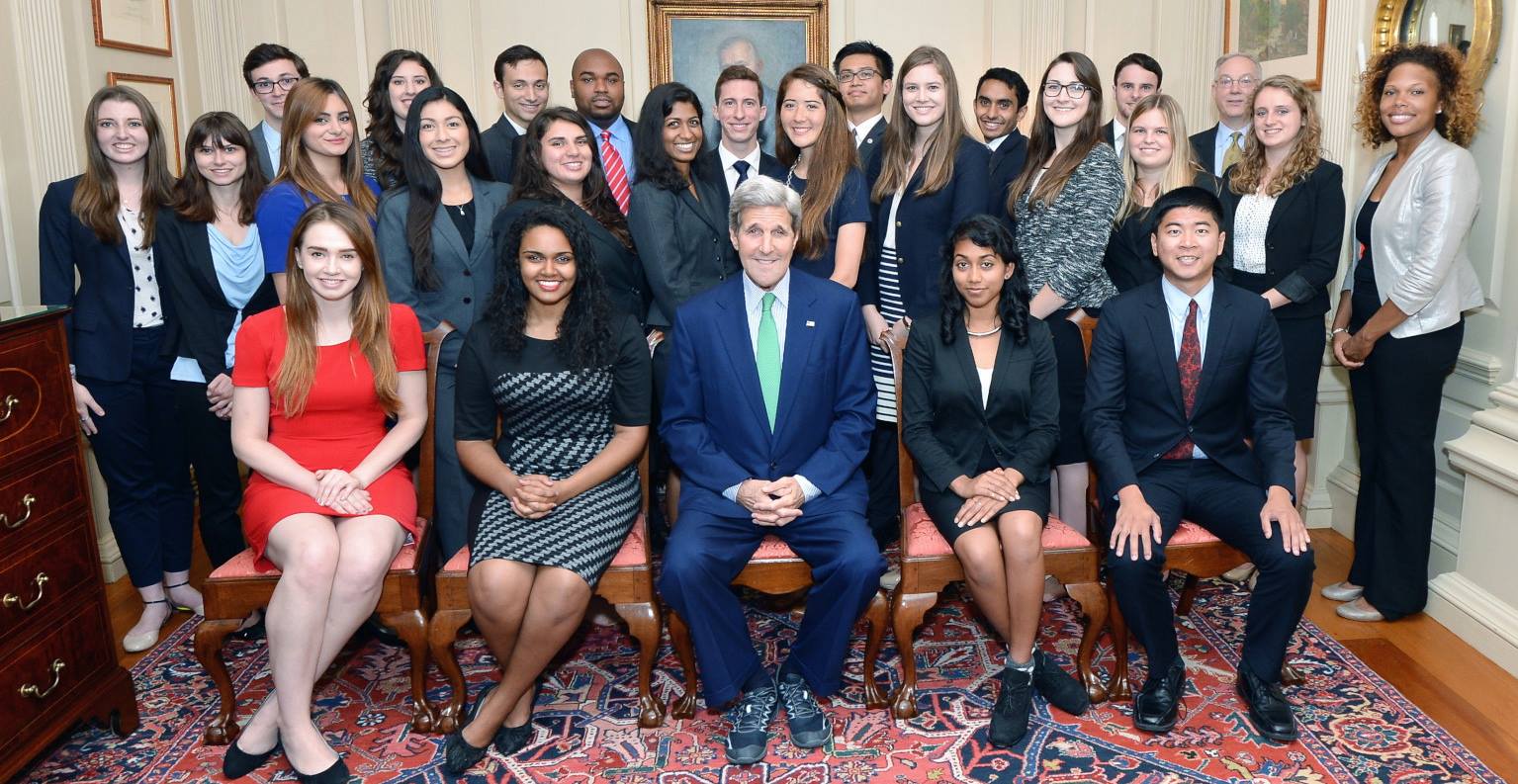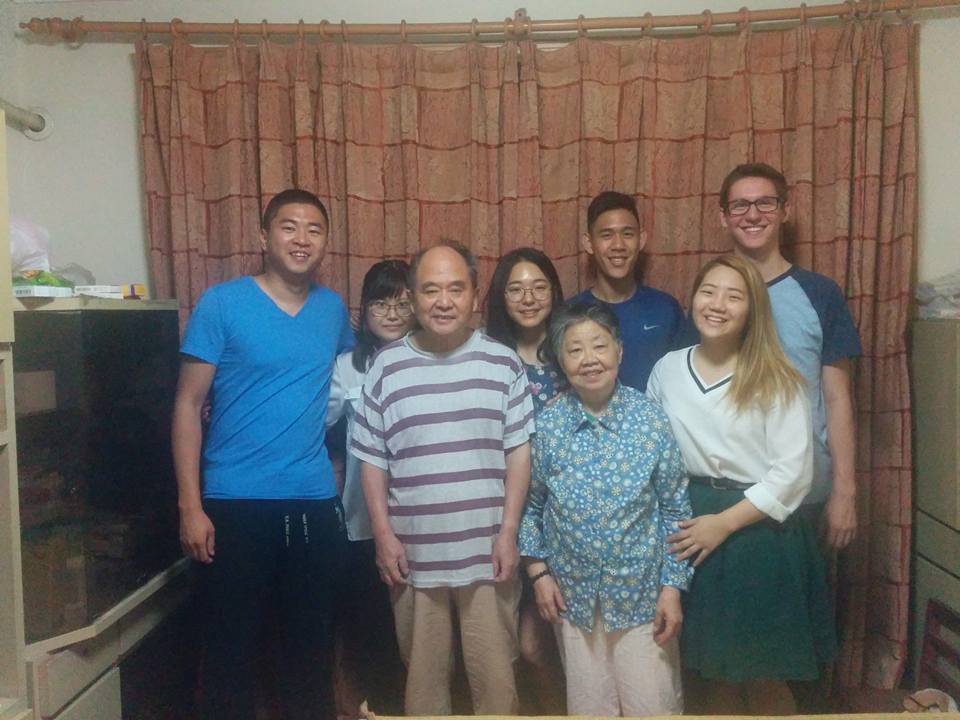
In May 2024, International Programs (IP) staff met with Jeffrey Ding (BA Chinese, BBA economics, BS political science ’16) where he talked about his journey towards a global career. Starting at the University of Iowa (UI), where he seized international opportunities, Ding's path led him to graduate studies at the University of Oxford as a Rhodes Scholar. Now an assistant professor of political science at George Washington University, Ding offered valuable advice for Iowa students with global aspirations and reflected on how IP supported him along the way.
Can you give us a brief overview of your global career journey, starting from your time at Iowa?
At Iowa, I was incredibly fortunate to have the opportunity to pursue many global experiences. During the summer of my second year, through the Tippie Global Internship program, I interned at Hong Kong's Legislative Council, working for a pro-democracy Legislative Councilor in the lead-up to the Occupy Central protests for universal suffrage. Supported by the Boren Scholarship, I also had the chance to study abroad at Peking University in Beijing, directly enrolling in classes with Chinese undergraduate students. The summer after graduation, I interned at the U.S. Embassy in Dakar, Senegal, under the U.S. Foreign Service Internship Program.
After graduating from Iowa, I pursued graduate studies at the University of Oxford as a Rhodes Scholar. During my time at Oxford, I became interested in researching the global governance of emerging technologies such as artificial intelligence, and that is the main focus of my current research agenda as an assistant professor of political science at George Washington University. My book, Technology and the Rise of Great Powers (to be published with Princeton University Press in August 2024), explores how past industrial revolutions influenced the rise and fall of great powers, with implications for today's U.S.-China competition in emerging technologies like artificial intelligence. Since my work involves parsing and translating Chinese-language materials, I constantly draw on skills developed through my global experiences at Iowa.

Can you reflect on the support you received from IP?
IP was an essential source of support. My study abroad advisor helped me sort through countless programs to find the right fit. I also received great guidance from Karen Wachsmuth on my Boren Scholarship application. Lastly, this seems like a small thing, but it was really important to me: I had the chance to write blog posts for IP while I studied abroad, and it was a really valuable experience to further hone my writing skills as well as reflect on my experience abroad.
What advice do you have for Hawkeyes with global aspirations?
Invest in foreign language learning so you can build strong relationships and fully immerse yourself in global settings. Seek out various opportunities and don't be afraid of rejection. I remember feeling crushed as a sophomore after getting rejected from the Critical Language Scholarship program, which supports intensive language study abroad. Ultimately, the experience of applying for and exploring that program helped prepare me for future opportunities.

International Programs (IP) at the University of Iowa (UI) is committed to enriching the global experience of UI students, faculty, staff, and the general public by leading efforts to promote internationally oriented teaching, research, creative work, and community engagement. IP provides support for international students and scholars, administers scholarships and assistance for students who study, intern, or do research abroad, and provides funding opportunities and grant-writing assistance for faculty engaged in international research. IP shares their stories through various media, and by hosting multiple public engagement activities each year.